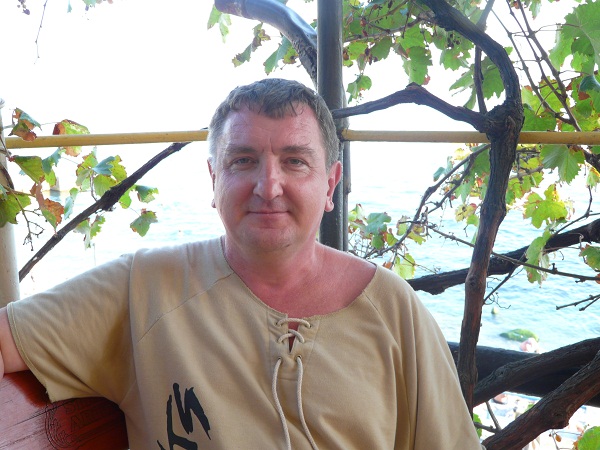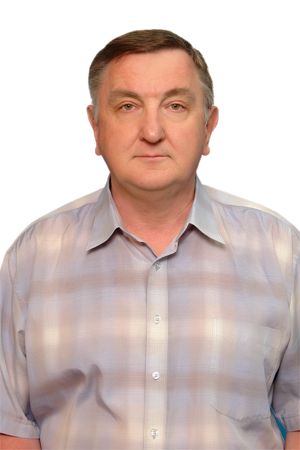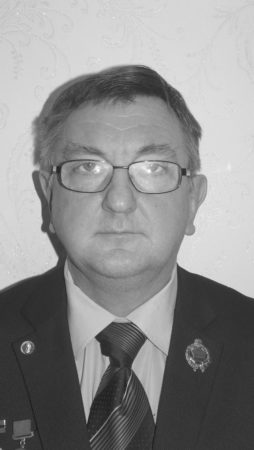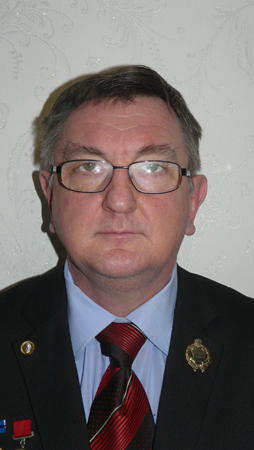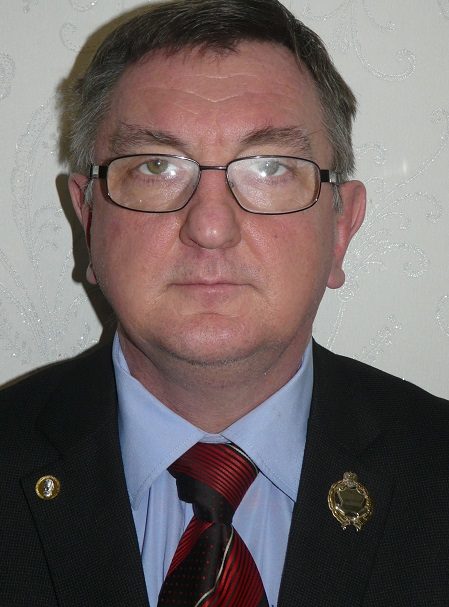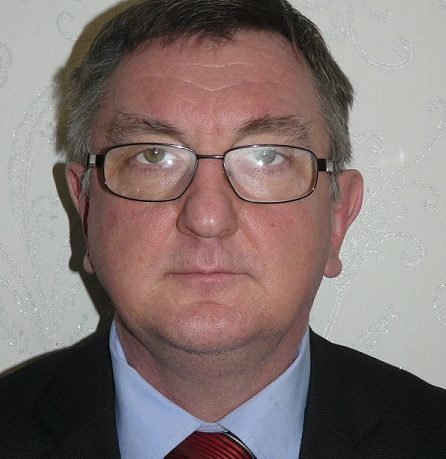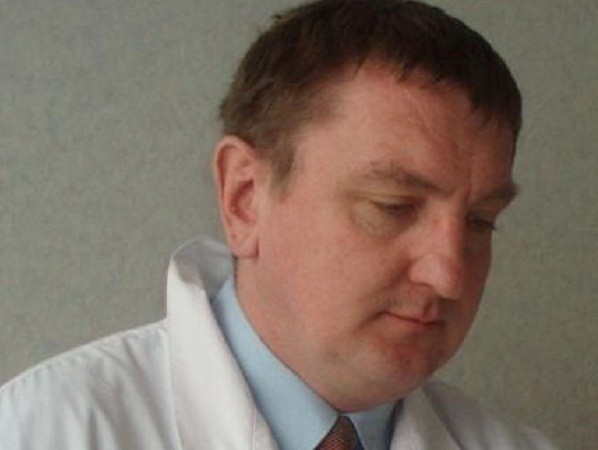SERVET
Part One
Dulled footsteps broke the silence of the pitch-black dungeon. The bolt slid aside with a clunk and the slimy, damp-ridden oak door opened silently. A yellowish-green burning torch appeared, causing the darkness to recede reluctantly.
— Miguel Servet Villanovus, — the prison keeper’s lisping voice uttered.
A rustling sound came from the far corner of the dungeon, followed by a violent coughing fit and the clanging of chains. Finally, a stooping figure stepped into the quivering torch light. The man was shivering, trying to wrap himself in the rags that his clothes had long become.
— Follow me, heretic, — said the jailer and shuffled painfully onwards, lighting the way for himself and the accompanying guards.
They passed a long, winding corridor, climbed a spiral staircase and ended up in a small room. Bright daylight, streaming through the windows, made the prisoner squint. The guards, who had never escorted this person out of his cell before, finally managed to get a good look at their charge.
It was a middle-aged man, of slightly above average height. His hair was gray and tousled, lice hunging in bunches from the unkempt strands. Despite his rugged appearance, a pointed beard and refined facial features betrayed the man’s noble origins. A torn vest barely concealed a skinny unwashed body that exuded a stiflingly-unpleasant odor.
Jangling his keys, the jailer unlocked a door at the far side of the room. One of the guards pronged the prisoner with the tip of his halberd, nudging the man forward. Obeying, he walked up to the door, stepped over the threshold and entered the spacious, deserted hall he already knew all too well. His eyes traveled along the row of carved judges’ chairs, situated behind the long table, and rested on the opened folio lying on the table’s surface, flanked by two heavy bronze candle holders. He would’ve recognized this book from a thousand. His life’s most important work, his beloved brainchild — a treatise entitled ‘The Restoration of Christianity’. It was because of this work that he had become the target of Catholic-organized persecutions. He managed to escape his tormentors and ended up in Geneva. Little had he imagined, that his very first church visit in this city would lead to him being recognized and sent to prison. And by whom, but by Jean Calvin — a sworn enemy of the Catholic Church! A man, whom he, Miguel Servet (forced to live under an assumed name of Miguel Villanovus, for the fear of being arrested by the Inquisition) always regarded as a prominent clerical reformer. A man with whom he had been exchanging correspondence for the last twenty years and to whom he had sent the finished copy of his treatise on further ways of reforming the Church.
Indeed, had Servet been acquainted with the words of De la Mare, a pastor, who wrote of the man whom so many nowadays called the Pope of Geneva: “A name once inscribed upon the tablets of his memory would remain indelible until the person himself had been erased from the Book of Life», never would he have included those thirty letters he wrote to Calvin in the book that now lay spreadeagled on the courtroom table. Since the letters contained the polemics he had with Calvin on the subject of clerical reforms, their existence inevitably turned the latter into an unwitting accomplice in creating a treatise, deemed fundamentally subversive not just by Catholics but by Protestants, as well. To Calvin, this was no less a danger than the fires of the Inquisition. At first, the Pope of Geneva unsuccessfully tried to deal with Servet by the hands of his theological enemies. Thanks to some timely help, Miguel fled the Catholics and headed for Italy. Only to make this fateful stopover…
The hall filled with loud voices. Crossing their halberds, the guards forced their charge aside, making way for the arriving judges and Geneva’s noblemen. This time, Calvin himself was not among their number. Finally, everyone took his seat and the hall went quiet. All eyes went to the chairman, as he cleared his throat and addressed the prisoner:
— So, Miguel Servet, do you still persist in your heresy by denying the teaching about the Holy Trinity? Do you still consider Jesus Christ to be a common man, and not the Son of God? Do you still regard the teachings, given to us by the great Martin Luther, to be as false as those of our biggest enemies’, the Catholics? May God forgive me for having to utter such despicable words!
— Truth doesn’t need constant repetition. The book that lies on the table before you contains sufficient answers to your questions. Indeed, Jesus was an ordinary man. An ordinary man, to whom we owe our system of beliefs. He was the creator of a new faith, and the first one to suffer for preaching it to the world.
— Silence, heretic, — shrieked one of the judges, — Verily, right was the honorable Martin Bucer, one of the most respected professors of theology, who, having talked with this impudent, declared that the only thing he deserves for his so-called teachings is to be disemboweled alive! The Father, the Son and the Holy Spirit are inseparable — so says the Scripture!
— And, who wrote the Scripture? — Servet parried, — We can understand what Jesus wanted, why he chose to follow the path he had followed. But — it is impossible for us to understand God, for God is revealed to us through the Divine Word and the Holy Spirit, which are, in fact, separate notions. The Spirit of Christ is bestowed on us through baptism, but — we can only fully appreciate it by having first gained sufficient life experience. This is why infant baptism is pointless..
— Enough,- interrupted the chairman, — I can see quite clearly that you’re not some lost sheep, but a hardened blasphemer. One that dares to practice healing, to boot!
— But, I am entitled to be a healer, — Miguel objected, — I’ve spent three years studying medicine at the University of Paris. While there, I was working as a laboratory assistant under professor Winter. As for my accomplishments as a healer — they can be attested by the Archbishop of Vienne and by many of that town’s citizens. All you have to do is go there and ask for yourself.
— Why, he’s mocking us! — exclaimed one of the noblemen, — Those Catholics in Vienne are torturing our brethren and burning them at the stakes! Anyone who’d dare to go to France to disprove this charlatan’s claims will meet with certain death!
— Becalm yourself, esteemed Doctor Tirrenius, — the Chief Judge uttered. — One can also ascertain a healer’s skills by determining his knowledge of medical tractates. That is why we’ve asked you, a universally respected medical practitioner, to peruse the healing-related statements present in this apostate’s writings. Can you give us your opinion on the matter?
Rising from his seat, Tirrenius began pompously.
About the author:
Pavel Savilov was born on September 23, 1963 in Kotovsk, a town in the Tambov region. In 1986, he graduated from the N. N. Burdenko State Medical Institute in the city of Voronezh. A Professor, a Doctor of Medical Sciences and a member of the Russian Union Of Writers, he is currently working as a rural physician/ anesthesiologist-resuscitator.

